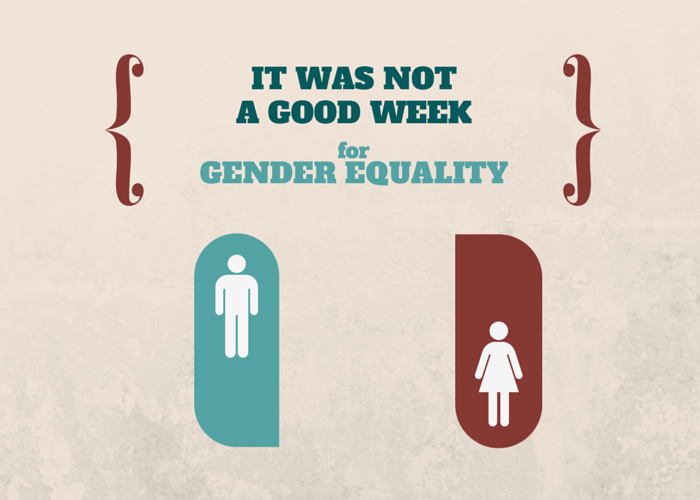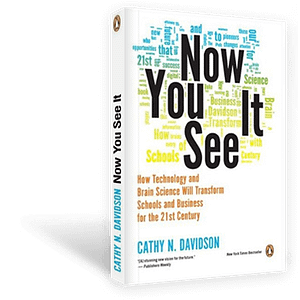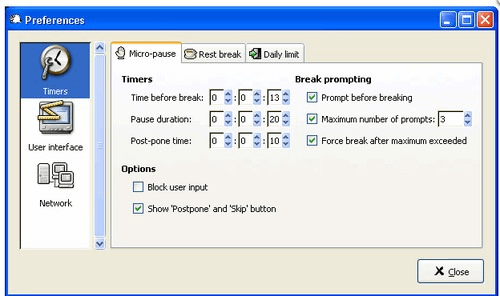A few episodes ago, I recommended the podcast called Serial.
It is the first podcast that I have heard described as one you're going to want to binge-watch. The good news is that there haven't been that many episodes released yet, so you have plenty of time to catch up with the rest of us obsessed fans.
Lest you think that there's no practical value to listening as a professor, there are plenty of lessons in there about effective storytelling.
If you are just checking out the Teaching in Higher Ed podcast and blog, you won't likely experience quite as much suspense as you will if you listen to Serial. However, we have had some great guests agree to come on the show and share their wisdom.
Top five podcast episodes
- Role immersion games in the higher ed classroom with Dr. Marc Carnes (author of Minds on Fire)
- How to move a course online and other community questions with cohosts Bonni & Dave Stachowiak
- How to get students to participate in discussion with Dr. Stephen Brookfield
- Back to school episode with Dr. Sandie Morgan
- How technology is changing education with Audrey Watters
Five essential blog posts
While the following blog posts aren't necessarily ranked via objective criteria, such as hits, they stand out as essential reads to those looking to better their teaching:
- Creating measurable learning objectives
- Cultivating character
- Stop yourself from becoming a digital hoarder
- Shaping first impressions in the college classroom
- The dangers of making assumptions as educators
If you have just joined the community, the resources listed above are a great place to start. I hope you'll join the conversation happening in the comments section of each episode and blog post.





